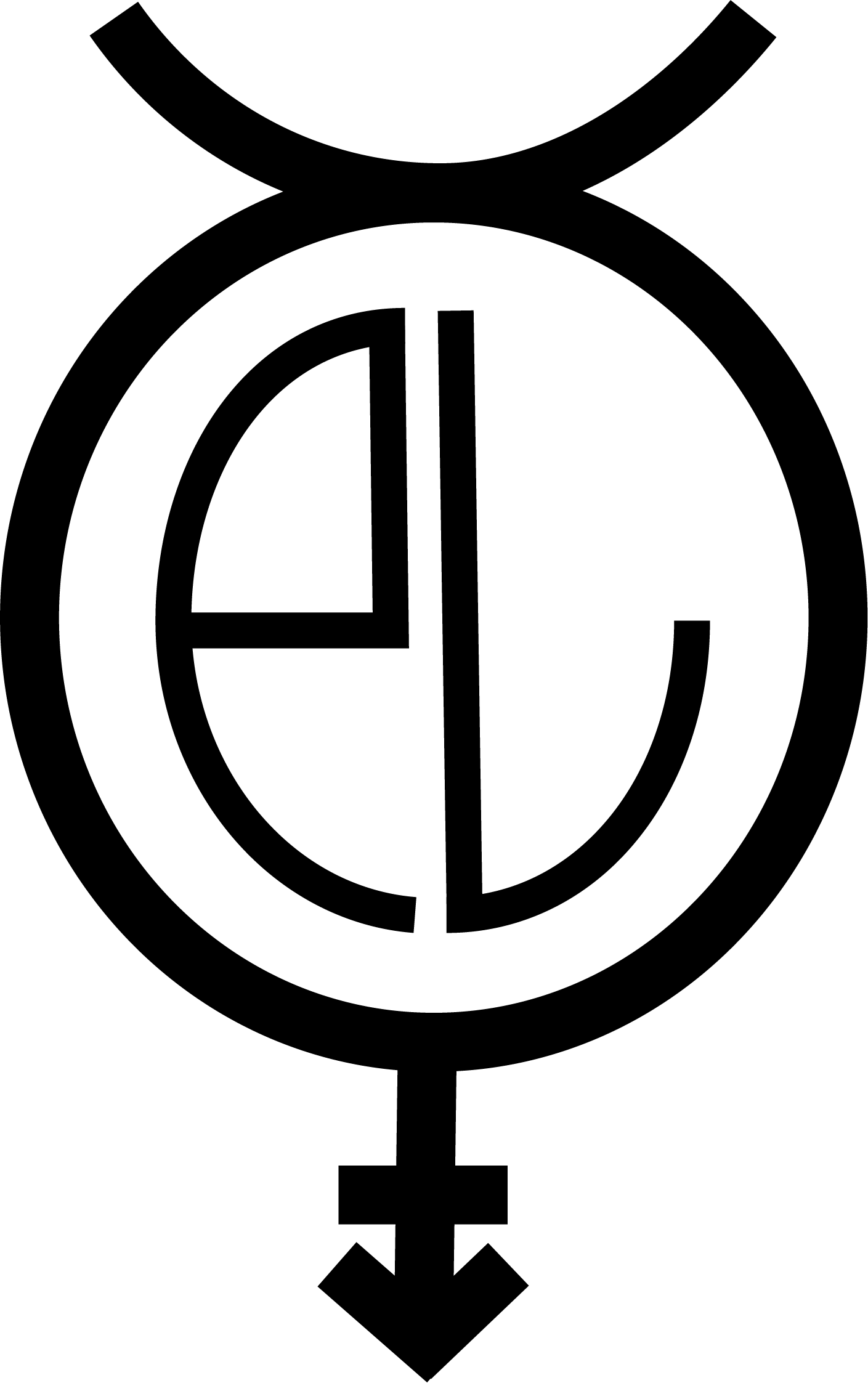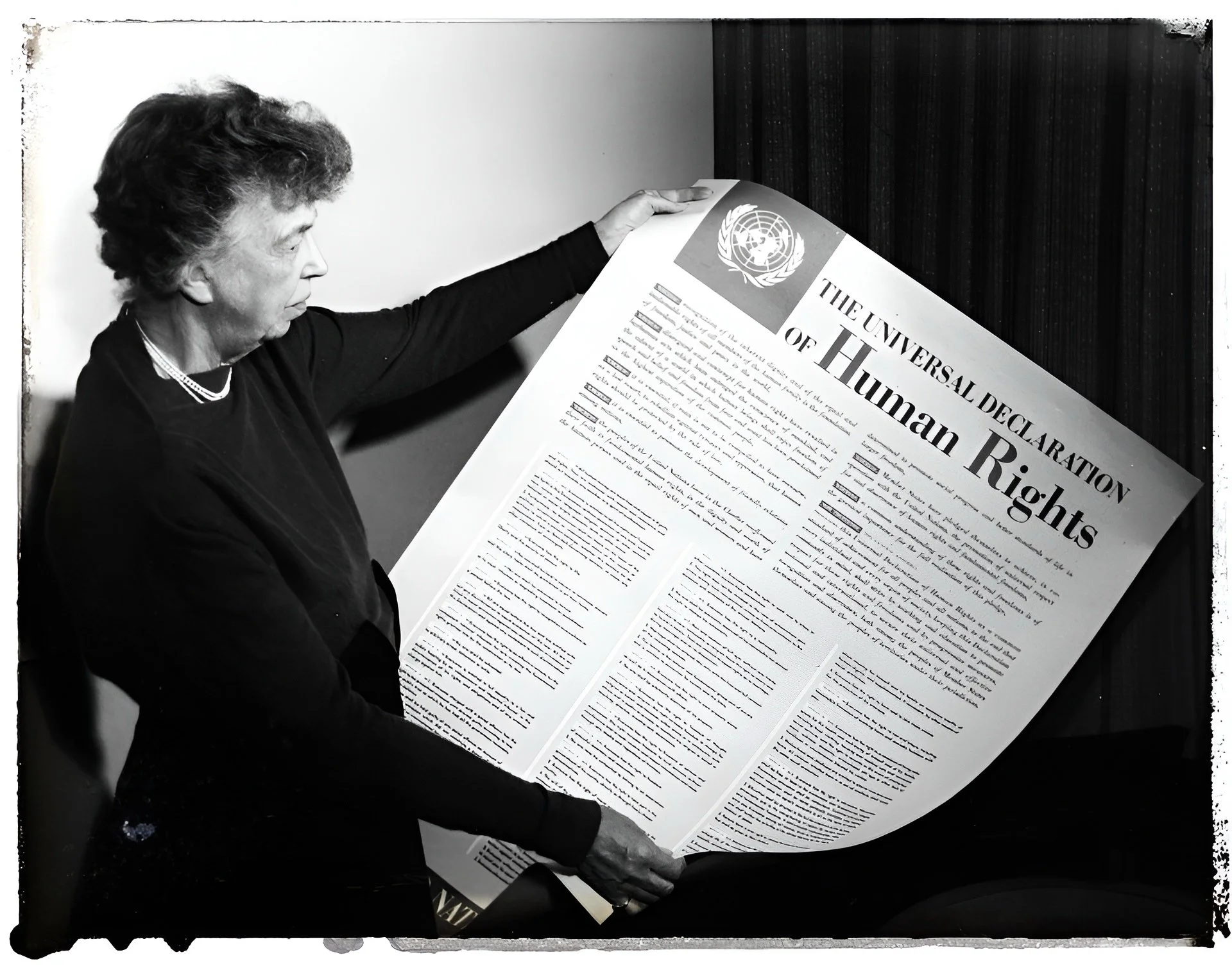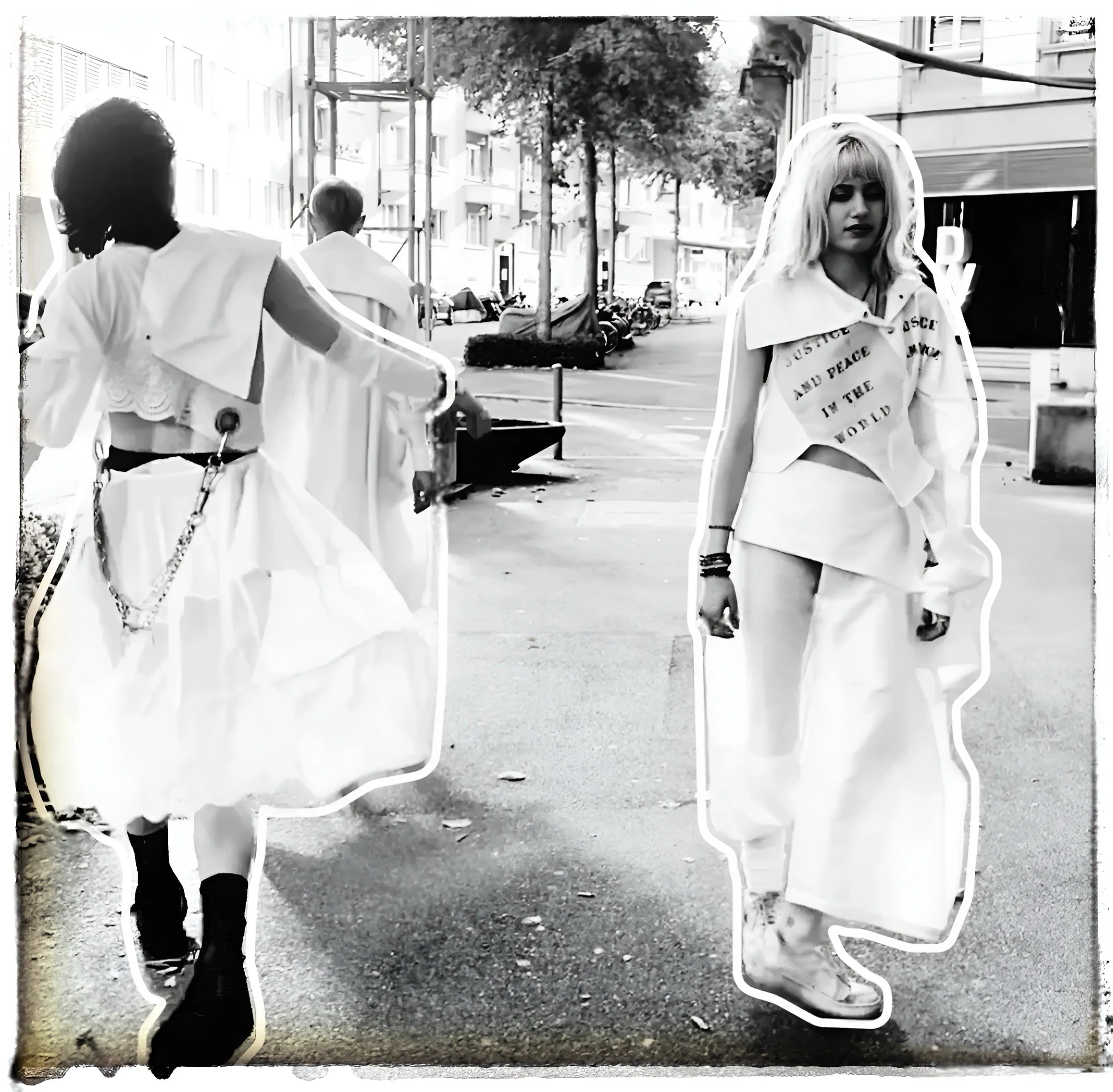the uncompromising nature: Human rights aren´t up for debate
On a cold December day in 1948, inside the Palais de Chaillot in Paris, a remarkable document was signed by representatives from across the globe. The Universal Declaration of Human Rights (UDHR) emerged from the ashes of World War II, a blueprint for a world determined to ensure that humanity´s most basic rights were no longer left to chance. In its 30 articles, it was declared that human rights were not privileges conferred by governments but the birthright of every individual - inalienable and universal. No one more human that another; no one more deserving of dignity, freedom, and equality.
The UDHR was not just law, but an ethical imperative. A testament to the human desire for justice, it sought to declare that after the atrocities of the Holocaust and the global conflict that reshaped the world, freedom was not a negotiable commodity. It aspired to a world in which people could not be divided into the deserving and the undeserving, a world where the inherent worth of all individuals would be recognised, respected, and upheld.
Yet, more than seventy-five years later, the fight for these rights continues, unfolding on the global stage with disheartening regularity. For too many, these rights remain theoretical. Too often, human rights are viewed as luxury, reserved for a fortunate few. The UDHR did not eliminate inequality - it articulated the need to address it. Its ideals resonate, urging us all to confront the uncomfortable truths of our world and compelling us to realize that we have yet to live up to its promise.
Eleanor Roosevelt and the Universal Declaration of Human Rights (© of the source of the original picture belongs to the rightful owner)
The History Behind the UDHR: A Global Call for Justice
The intellectual and moral force behind the UDHR was none other than Eleanor Roosevelt. After the death of her husband in 1945, she became the United States´ first delegate to the United Nations and was appointed chair of the UN Commission on Human Rights. Roosevelt´s leadership was indispensable in shaping the UDHR from a collection of noble ideas into a living framework for justice. Her tireless advocacy ensured that the document was not merely an aspirational statement, but a tool that could challenge governments to uphold human dignity and equality.
Roosevelt´s efforts were bolstered by the contributions of other key figures, such as Charles Dukes from the UK, Hansa Mehta from India, and Hernán Santa Cruz from Chile. Each brought their unique perspective to the drafting process, creating a document that spoke not only to the specific concerns of their countries but to the universal need for justice and human dignity. The UDHR was endorsed by 48 nations - an extraordinary moment of unity in a world still reeling from war. Despite abstentions from nations like the Soviet Union, South Africa, and Saudi Arabia, the UDHR was a monumental achievement. It set a standard for the protection of human rights that continues to shape global discourse today.
The UDHR outlined essential principles to guide humanity towards a more just and equitable future, including the right to life, liberty, and security; the right to education; the right to housing, and the right to participate in cultural and public life. Article 3 asserts: “Everyone has the right to life, liberty, and security of person.” Article 26 emphasizes: “Everyone has the right to education: Education shall be free, at least in the elementary and fundamental stages.” Article 27 states: “Everyone has the rights to freely participate in the cultural life of the community, to enjoy the arts and to share in scientific advancement and its benefits.” Article 25 declares: “Everyone has the right to a standard of living adequate for the health and well-being of himself and of his family, including food, clothing, housing, and medical care and necessary social services.”
These declarations were groundbreaking, yet the UDHR was always intended to be more than a set of ideals. It is a call to action - inviting us all to work towards a world where these rights are not only recognized in documents, but lived every day. It is a document meant to unite, not divide - a framework for inclusion, not separation. The UDHR reminds us that human rights are not privileges, but birthrights - inherent to every individual, regardless of race, nationality, or believe, and of our collective responsibility to uphold these universal rights.
Article 1 of the UDHR affirms: “All human beings are born free and equal in dignity and rights.” This powerful statement is the foundation of the entire declaration - it emphasises that every individual is entitled to these rights from birth, without distinction, and that these rights belong to everyone, everywhere.
A World in Regression
But how close are we to making this a reality? For many, human rights still feel out of reach, and with global politics shifting, we seem to be moving further away from them. New regulations and policies are undermining its core principles - so how do we make these ideals real for everyone? Is there any chance or it will remain a beautifully crafted utopia?
Fast forward to the present day, and the world finds itself grappling with increasingly urgent human rights issues. From erosion of civil liberties to the rise of nationalism and the dismantling of democratic institutions in various parts of the world, the rights enshrined in the UDHR are increasingly under threat. In many conflict zones, the ongoing cycles of violence and political strife continue to strip communities of their basic freedoms.
Marginalised groups, especially LGBTQ+ individuals, face escalating hostility, with governments implementing laws that criminalise their identities and actions. Meanwhile, women’s rights - particularly the right to choose and access safe abortions - are being rolled back in several regions, undermining their autonomy over their bodies and lives. These setbacks, along with the growing resistance to gender equality, highlight the urgent need to reaffirm and protect human rights, especially in spaces where individuals are denied basic freedoms and forced to fight for their very existence.
…it represented paper, a blank slate on which history continues to be written.
A Language of Protest
This all - the history of human rights, the words enshrined in the Universal Declaration of Human Rights, the urgency of holding onto them, the weight they carry - was on my mind when I worked on my last published collection in Paris. At a time when the political and ethical landscape feels increasingly uncertain, I found it impossible to separate the creative process from the broader reality. The garments were no longer just objects of fashion, they became something else; canvases, actions, statements. An opportunity where meaning could be inscribed and carried forward.
The collection itself resembled a typewritten document. Excerpts from the UDHR were printed onto stark white fabric, chosen not only for its visual clarity but for its symbolic weight. White, in this context, was not a neutral backdrop - it represented paper, a blank slate on which history continues to be written. The contrast between the words and the fabric was deliberate: clarity against uncertainty, permanence against erasure. Each piece was meticulously handcrafted, imbuing it with not just the value of labor, but with an intentional, meaningful act. The process of creation itself became a form of resistance, a statement that the values embodied in human rights are not mere abstractions but things that must be made real, tangible, and fought for.
The silhouettes of the garments echoed this tension. Structured yet fluid, rigid yet unyielding, they mirrored the ongoing struggle between freedom and oppression, autonomy and control. Some pieces constricted the body, others billowed outward - visually representing the constant push and pull of societal forces, of suppression and resistance.
…values we can’t afford to overlook
Fashion is a form of storytelling for me. But in this instance, it was not just a conceptual endeavour - it was a declaration. Also to the self. I just realised how the collection carried a demand to be seen, to be read, and to be remembered. That it is more relevant than ever. The pieces felt like a reminder of what they were meant to stand for - values we can´t afford to overlook.
What became clear to me during the process was simple, yet profound: if we have a voice, we have an obligation to use it. Silence isn´t just the absence of sound; it is complicity. In a world where injustice is rampant, choosing not to speak is to silently support the system that allows it. Every action matters, even the smallest. That is why my garments became political. It wasn´t some aesthetic choice - it was essential. For humanity. For dignity. For freedom.
Then the question hit me: can art, fashion, or any form of creative expression truly afford to be apolitical today? Can we still say, as we might have a decade ago, that we are not political? Can we, in the Western world, continue to pretend we are unaware of what is unfolding around us? Is it even possible to look away anymore? It is clear now - we don´t have that luxury - or shall we call it ignorance? The time to be passive is over, I guess. So the real question is: how can we not act?
…and the principles laid out in the Universal Declaration of Human Rights - dignity, freedom, equality - are not self-sustaining
The Weight of Words
So, if you ask me, neutrality is an illusion. The very foundations of human rights are being eroded in real time, and the principles laid out in the Universal Declaration of Human Rights - dignity, freedom, equality - are not self-sustaining. They must be defended, reaffirmed, and, when necessary, fought for.
History has shown that rights are not lost overnight. They are chipped away gradually, worn down by complacency, fear, and the quiet acceptance of each new restriction, each new injustice. The unraveling of democracy does not always come with grand declarations - it happens in the slow normalization of the unacceptable. A journalist imprisoned for speaking the truth. A law passed that strips people of autonomy over their own bodies. A government that turns away refugees, denying them the right to safety. Entire populations cut off from basic necessities, left to suffer while the world debates the terms of their survival. The suppression of free speech, the rolling back of reproductive rights, the criminalization of identities - these are not distant concerns. They are happening now, in places that once prided themselves on their democratic values.
Recent years have tested the limits of our collective morality. Crises that should have united us instead exposed the fragility of our integrity, the ease with which fear can justify control, and the disturbing speed at which human life can be weighed against political or economic convenience. We have seen borders close not just to those seeking safety, but to compassion itself. We have watched as entire communities were deemed disposable, left to navigate disaster alone. The world´s response to suffering has become transactional - who is worthy of aid, who is left to fend for themselves, whose pain is seen, and whose is ignored.
We have been taught that progress is inevitable, that history bends toward justice. But history does not move on its own. It is shaped by those who push forward - and by those who stand by and let it shift in the wrong direction. The rise of authoritarianism, the spread of disinformation, these forces thrive when met with passivity. When we assume that democracy is unshakable, that human rights are irreversible, we leave them vulnerable.
So, again, if you ask me, silence is complicity. Apathy is a choice. And freedom, once relinquished, is rarely returned without struggle. The fight for human rights has never belonged solely to governments or institutions - it belongs to all of us. The moment we stop fighting for our rights, we begin to lose them. And when we allow the rights of others to be stripped away, we set the precedent for our own. To care is not an act of idealism; it is an act of survival.
https://www.ohchr.org/sites/default/files/UDHR/Documents/UDHR_Translations/eng.pdf
https://www.un.org/en/udhrbook/pdf/udhr_booklet_en_web.pdf
https://www.un.org/en/about-us/udhr/history-of-the-declaration
https://www.amnesty.org/en/what-we-do/universal-declaration-of-human-rights/




